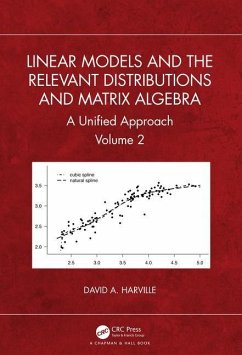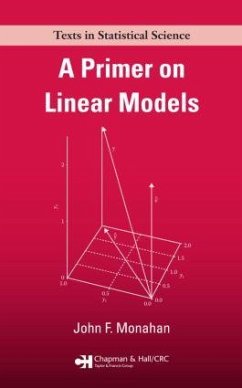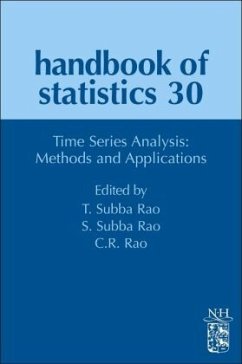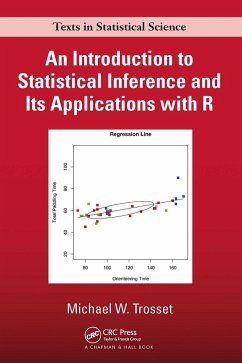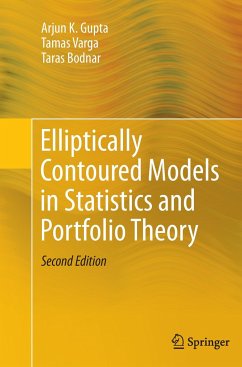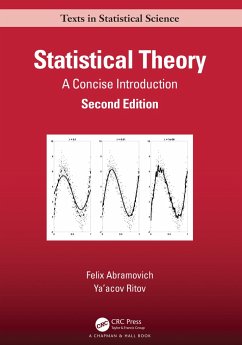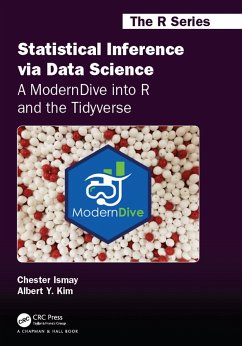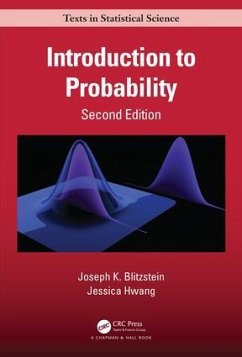
Linear Models and the Relevant Distributions and Matrix Algebra
Versandkostenfrei!
Versandfertig in 6-10 Tagen
42,99 €
inkl. MwSt.
Weitere Ausgaben:

PAYBACK Punkte
21 °P sammeln!
Linear Models and the Relevant Distributions and Matrix Algebra provides in-depth and detailed coverage of the use of linear statistical models as a basis for parametric and predictive inference. It can be a valuable reference, a primary or secondary text in a graduate-level course on linear models, or a resource used (in a course on mathematical statistics) to illustrate various theoretical concepts in the context of a relatively complex setting of great practical importance.Features:Provides coverage of matrix algebra that is extensive and relatively self-contained and does so in a meaningfu...
Linear Models and the Relevant Distributions and Matrix Algebra provides in-depth and detailed coverage of the use of linear statistical models as a basis for parametric and predictive inference. It can be a valuable reference, a primary or secondary text in a graduate-level course on linear models, or a resource used (in a course on mathematical statistics) to illustrate various theoretical concepts in the context of a relatively complex setting of great practical importance.
Features:
Provides coverage of matrix algebra that is extensive and relatively self-contained and does so in a meaningful contexProvides thorough coverage of the relevant statistical distributions, including spherically and elliptically symmetric distributionsIncludes extensive coverage of multiple-comparison procedures (and of simultaneous confidence intervals), including procedures for controlling the k-FWER and the FDRProvides thorough coverage (complete with detailed and highly accessible proofs) of results on the properties of various linear-model procedures, including those of least squares estimators and those of the F test.Features the use of real data sets for illustrative purposesIncludes many exercises
Features:
Provides coverage of matrix algebra that is extensive and relatively self-contained and does so in a meaningful contexProvides thorough coverage of the relevant statistical distributions, including spherically and elliptically symmetric distributionsIncludes extensive coverage of multiple-comparison procedures (and of simultaneous confidence intervals), including procedures for controlling the k-FWER and the FDRProvides thorough coverage (complete with detailed and highly accessible proofs) of results on the properties of various linear-model procedures, including those of least squares estimators and those of the F test.Features the use of real data sets for illustrative purposesIncludes many exercises





